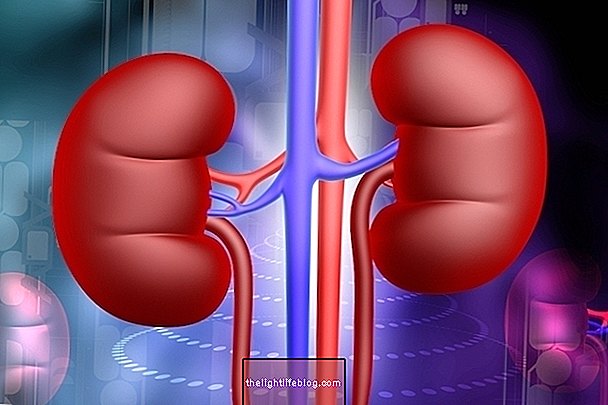The presence of blood in the stool can be indicative of different diseases, such as hemorrhoids, anal fissures, diverticulitis, stomach ulcers and intestinal polyps, for example, and should be reported to the gastroenterologist if the presence of blood is frequent, so that the the diagnosis is made so that treatment can be made. Know what can cause blood in the stool.
To check for blood in the stool, it is important to be aware of some signs that may indicate bowel problems such as:
- Reddish color of toilet water after evacuation;
- Presence of blood in toilet paper;
- Red spots on the stool;
- Feces very dark, pasty and with bad smell.
In addition, the color of blood can also indicate from which region of the bowel comes bleeding. Live red blood in the stool, for example, indicates problems in the bowel, rectum, or anus, while if the color of the blood is dark, it indicates that the bleeding origin is higher, such as in the mouth, esophagus, or stomach. See more about What can be live red blood in feces.

What to do
When identifying the presence of blood in the stool, a gastroenterologist should be sought to assess the cause of the bleeding. In general, stool tests, endoscopy, and colonoscopy are prescribed to check for changes in the esophagus, stomach, or intestine.
Watch the following video and learn how to properly collect faeces:

Treatment is done according to the cause of the problem, and it is also important to check the presence of anemia due to blood loss through the intestine.
To find out if you have a more serious bowel disease, check out the bowel cancer symptoms.
How to prevent
To prevent the appearance of blood in the stool it is important to have a balanced diet, rich in fiber, vegetables, vegetables, flaxseed and fruits that release the intestine, such as orange and grape in the shell. In addition, it is indicated to drink lots of water, to reduce the consumption of alcoholic beverages and cigarette and to practice regular physical exercises. These attitudes are capable of improving the functioning of the intestine and preventing intestinal diseases.
It is also recommended to perform from the age of 50, even if there are no symptoms or if you do not notice the blood in the stool, conduct the screening of stool blood in order to diagnose bowel cancer early. See how stool occult blood research is done.
























